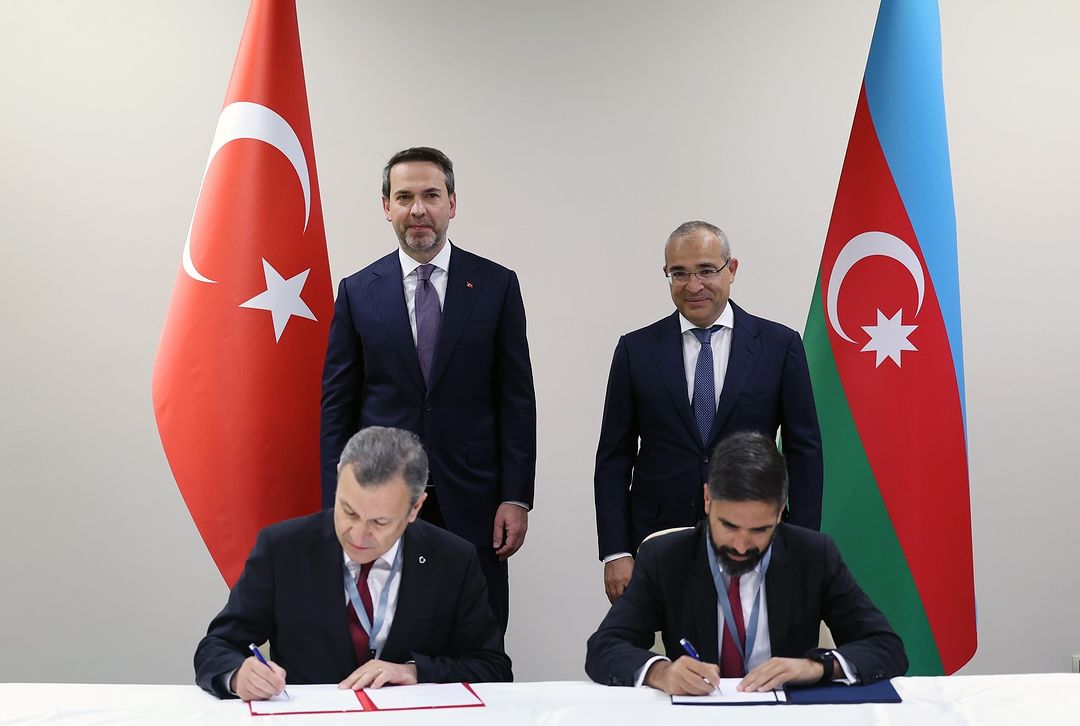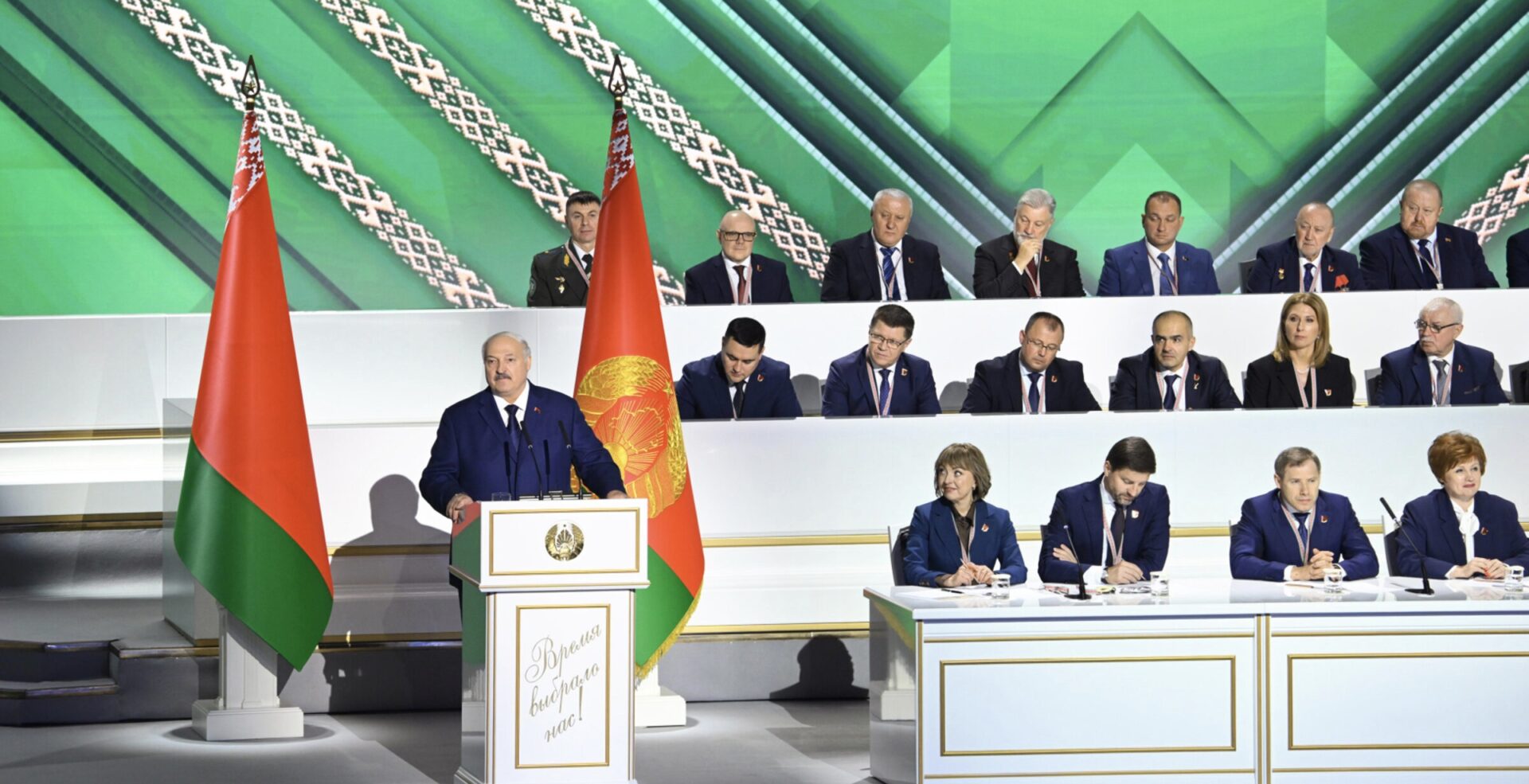IS ALIYEV GOVERNMENT MEDDLING IN AZERBAIJAN’S BUSINESS SECTOR?
IS ALIYEV GOVERNMENT MEDDLING IN AZERBAIJAN’S BUSINESS SECTOR?
The post-parliamentary election period in Azerbaijan was marked by an unusually harsh crackdown on a group of high-profile businessmen. Foremost, the assets of the country’s largest private oil company, Azpetrol, were stripped from its owner, Rafik Aliyev, who had been arrested even before the November 6 elections on charges of participating in a coup attempt, and passed to a new owner.
Rafik Aliyev is the brother of former minister of economic development Farhad Aliyev (neither is related to President Ilham Aliyev). Farhad was one of several ministers and high-level government officials arrested on the same charges. Several days after the arrest of the Aliyev brothers, government officials levied two more charges against Azpetrol: tax evasion and corruption. An investigation launched against Azpetrol has already produced preliminary evidence of massive tax fraud.
In addition to Azpetrol, the Prestige chain of luxury jewelry stores, reportedly also linked to Farhad Aliyev, was closed. The opposition newspaper Azadliq reported in December that masked men entered Prestige stores and seized most of the jewelry inventory. The same daily reported on January 5 that Beyler Eyyubov, a close relative of President Ilham Aliyev and chief of his personal security detail, has acquired ownership of Prestige. While Azpetrol’s fate was pre-determined and accepted in business circles, due to its close links to Farhad Aliyev, the subsequent arrests both surprised Azerbaijan watchers and shook the investment climate in the country.
In early December, the owner of NJT 2000 Company, Tayyar Shukurov, was arrested. His company is one of the biggest producers of basic materials, such as water pipes, used in the construction industry. This was followed by the detainment of the Zulfugarly brothers — Nurredin, Logman, and Rovshan — who owned and managed the largest steel plant in Azerbaijan, BakiPoladTokme, as well as a major electronics appliances firm, Bakielectroshtamp. Officially, the brothers were detained on charges of extortion and racketeering levied by a business rival, Afat Aliyeva-Abdullayeva. Steel workers at the BakiPoladTokme plant have gone on strike to protest the arrests, yet this did not produce any results. Moreover, the Prosecutor’s Office has threatened to arrest the Zulfugarly brothers’ lawyer, Aslan Ismailov, due to his alleged links to the privatization scheme used to take over the plant in 2001. Ismaylov, although not detained, was subsequently prohibited from defending the rights of the arrested businessmen.
The recent wave of arrests is politically motivated. All of the arrested figures were close to Farhad Aliyev and belonged to the Entrepreneurs Council, an association of major local businessmen once chaired by Farhad Aliyev himself. The Council members often criticized the existing monopolies in the country and criticized Farhad’s political rival, Kamaleddin Heydarov, head of State Customs Committee (SCC), for his alleged role in maintaining export-import monopolies. This practice, according to the businessmen, hinders the development of local production. It is widely believed that Farhad’s fall is due to Heydarov’s lobbying of President Aliyev.
While it is clear that the arrested businessmen were loyal to the former minister of economic development, the crackdown poses major risks to the investment climate in the country. Foreign and local investors now realize that their capital might be at risk due to Azerbaijan’s unstable property ownership system. This situation resembles that in Russia, where business tycoon Mikhail Khodorkovsky was arrested on political grounds, or the situation in post-election Ukraine, where one business group seized (“re-privatized”) assets owned by another group. It is also widely believed that the arrest of the businessmen is linked to the authorities’ plans to strip Farhad Aliyev of his economic resources and thereby limit his chances to bankroll — or lead — a “new political opposition” after his eventual release.
There should be no denial that the privatization process in Azerbaijan conducted under the patronage of Farhad Aliyev had major shortcomings. Yet there are many, many businessmen who could be arrested on charges of privatization errors. Should this process focus on the entrepreneurs close to Farhad Aliyev, then its political nature will be hard to deny.
Azerbaijan already had high levels of government interference in business activities. Last week the American think tank Heritage Foundation ranked Azerbaijan in 123rd place in its regular Economic Freedom Index. In contrast, Azerbaijan’s archrival Armenia was ranked 27th and another neighbor in Caucasus, Georgia, is in 68th place.
President Aliyev came to power in 2003 on promises of creating 600,000 new jobs and improving conditions for small- and medium-sized businesses operating in the country. Although Aliyev’s agenda got off to a good start, the recent setback might create long-term complications for the development of Azerbaijan’s business sector.


